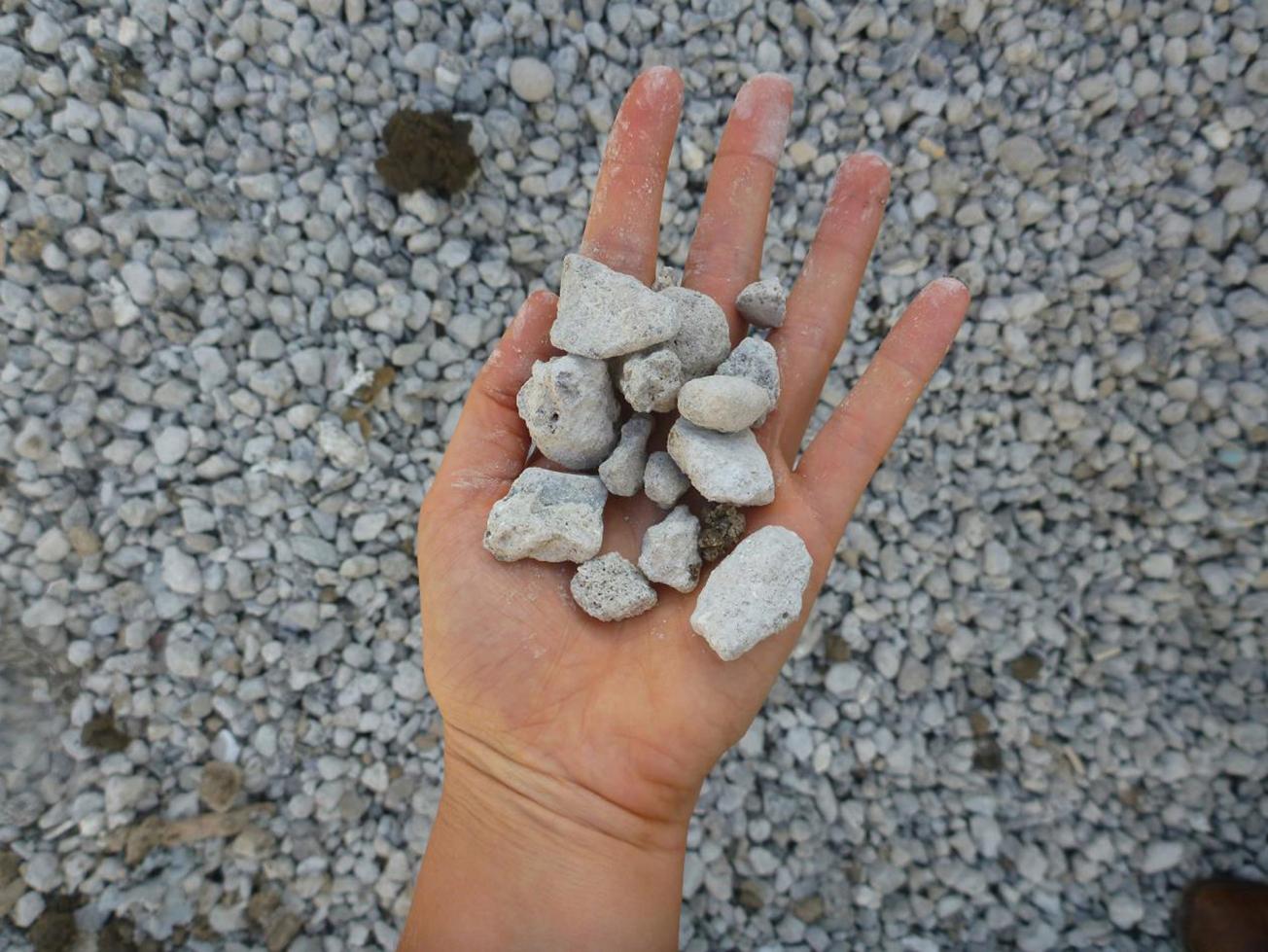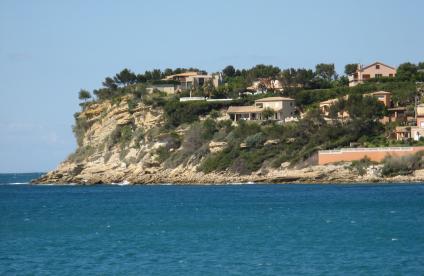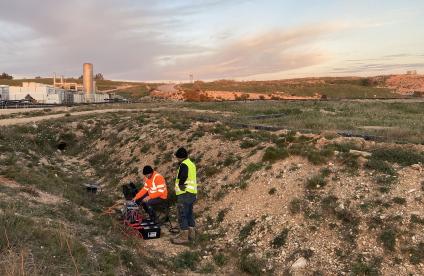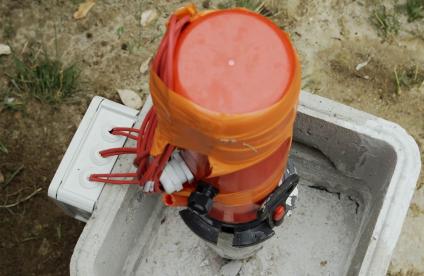
Recycled gravel from waste rubble (Guadeloupe).
© BRGM - Léa Clair
The need
The use of recycled materials in various civil engineering works for which their mechanical characteristics suffice and comply with current standards is still not widespread in Guadeloupe, despite the existence of approved local supply chains. Nevertheless, urban renewal and infrastructure investments generate a significant need for materials. It has thus become necessary to encourage the reuse of inert secondary raw materials, especially in an island context.
The results
The guide provides an overview of current practices in the use of inert waste recovered in the construction industry, and specifies:
- the regulatory context and in particular the responsibility of the waste producer;
- the stored inert waste in Guadeloupe;
- for each type of recoverable waste (inert rubble, tyres, clean glass, milled asphalt and coal slag), its recycling facilities, operating methods, product characteristics, its use in Guadeloupe and other potential uses (trench backfilling, capping layers, sub-base layer, concrete manufacturing, lightweight backfill, drainage trenches, retention basins, sportsground surfaces, playgrounds, etc.) and all reference documents.
Using the interface
This guide is intended for contracting authorities, prime contractors and construction companies whose common objective is to preserve natural resources, reduce the storage of inert waste and promote its reuse. It offers appropriate levers for all stakeholders to act on. For example, the product technical characteristics listed for each alternative material will help construction companies, while the proposals for adding environmental constraints to specifications will be of greater interest to contracting authorities.
The partners
- ADEME
- DEAL Guadeloupe







